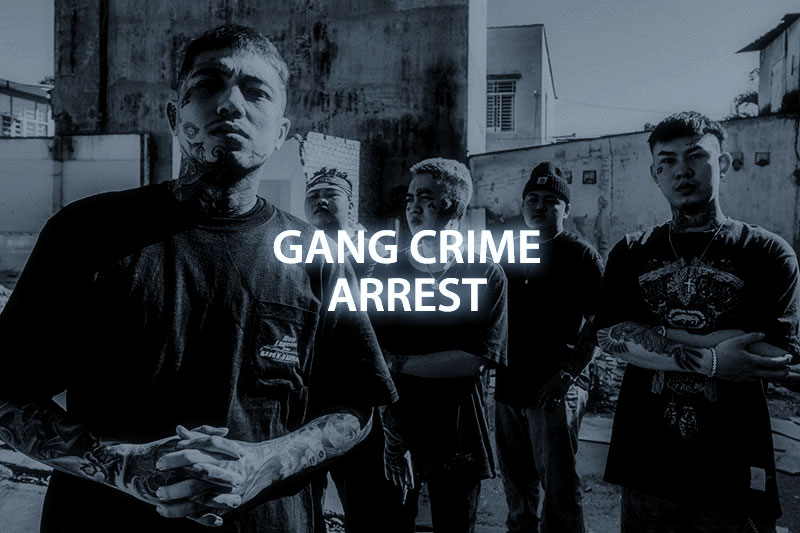In recent years, California has seen significant changes in its approach to criminal justice, including reforms in the sentencing of gang-related crimes. These reforms reflect a broader understanding of the social context of gang involvement and aim to create a more equitable justice system that focuses on rehabilitation rather than mere punishment.
Evolution of Gang Crime Sentencing
Historically, California took a hardline approach to gang crimes, enacting measures like the Street Terrorism Enforcement and Prevention (STEP) Act. These laws imposed strict sentencing enhancements for crimes committed in connection with gang activity, often resulting in lengthy prison terms. However, as awareness has grown regarding the impact of mass incarceration and the potential for disparate effects on marginalized communities, there has been a steady push for reforms.
Recent Changes in Sentencing Laws
One of the most notable reforms is the passage of Senate Bill 620, which took effect in January 2018. This bill grants judges the discretion to dismiss or strike firearm enhancements in the interest of justice. This reform allows for a case-by-case analysis and moves away from previously mandatory enhancements, which could lead to disproportionately severe sentences.
Furthermore, the passage of Assembly Bill 333, known as the STEP Forward Act, which went into effect on January 1, 2022, has further advanced the sentencing reform movement regarding gang crimes. This law amended the STEP Act to refine what constitutes gang-related crimes and reformed the use of sentence enhancements. Under AB 333, for a crime to be enhanced due to gang association, there needs to be clear evidence that the crime furthered gang activity. It also requires that the gang have a pattern of criminal gang activity beyond the charged offense, thereby narrowing the scope of what can be considered gang involvement.
Impact on Defendants
This move towards more lenient and individualized sentencing reflects a shift in understanding the complex factors that contribute to gang affiliation and gang-related crimes. Defendants facing charges can now expect a more nuanced approach from the court where their personal circumstances and the specifics of the case are more deeply considered.
For those accused of gang-related activity, these reforms can make a substantial difference. It can mean the avoidance of life-altering sentence enhancements and instead receiving a punishment more appropriate to the crime committed and the defendant’s level of involvement. This shift offers an opportunity for rehabilitation and potential reintegration into society, rather than simply being subjugated to the harsh realities of long-term incarceration.
Contact Attorney Caryn Warren for Help!
Sentencing reform in California, especially concerning gang crimes, signifies a meaningful step towards a more just and humane legal system. These changes recognize that a one-size-fits-all approach does not serve the community or individuals and that courtroom decisions must consider the complexities of each case. It promotes a system where punishment is proportionate, the potential for positive change is acknowledged, and the cycles that perpetuate gang involvement are addressed, not simply punished.
As California continues to evolve its stance on criminal justice, defendants, their attorneys, and society as a whole stand to benefit from laws that underscore the importance of fairness and the ideal of rehabilitation over retribution. These reforms also open the door for future legislative changes that continue to balance public safety with social justice principles.
Personal Injury & Criminal Defense Services Available Throughout
Greater Sacramento, Yolo, Placer, and Solano Counties
Antelope, Arden-Arcade, Auburn, Benicia, Carmichael, Citrus Heights, Davis, Dixon, Elk Grove, Fairfield, Fair Oaks, Folsom, Galt, Gold River, Granite Bay, Iselton, Lincoln, Loomis, North Highlands, Orangevale, Rancho Cordova, Rio Linda, Rio Vista, Roseville, Rocklin, Sacramento, Suisun City, Vacaville, Vallejo, West Sacramento, Winters, Woodland

